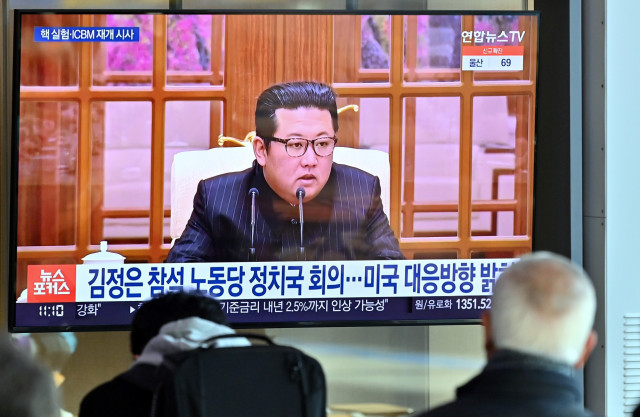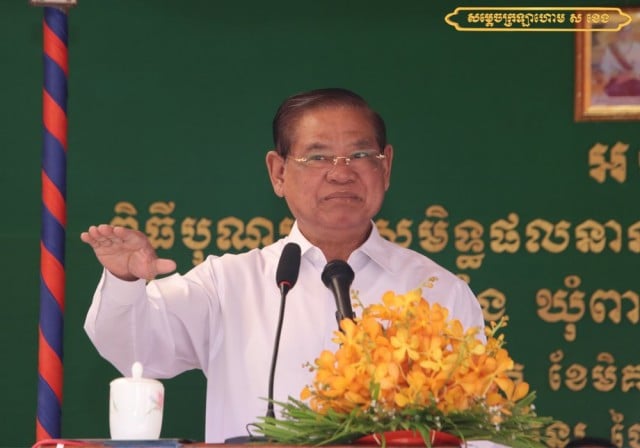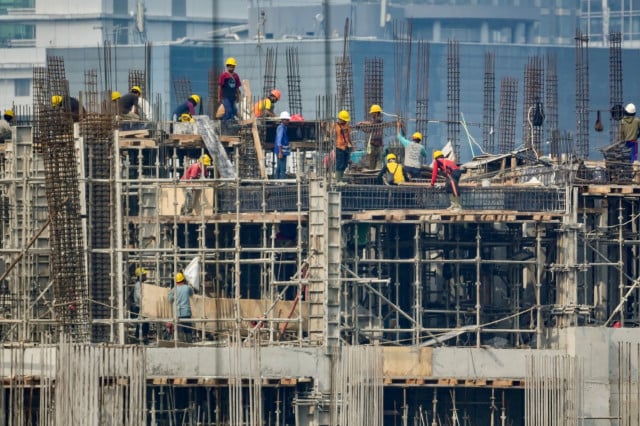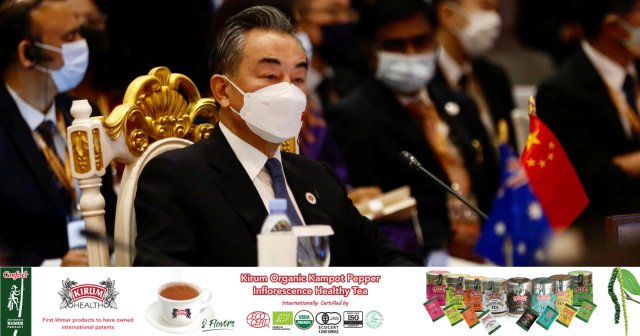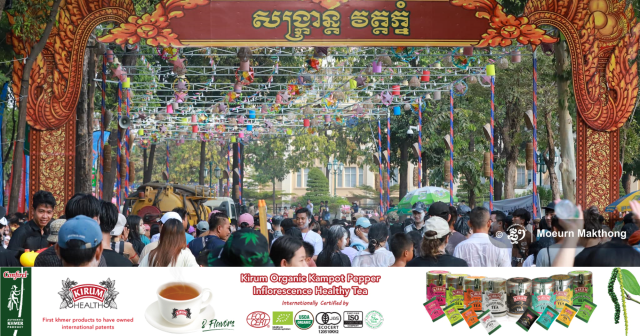1993: a Founding Year
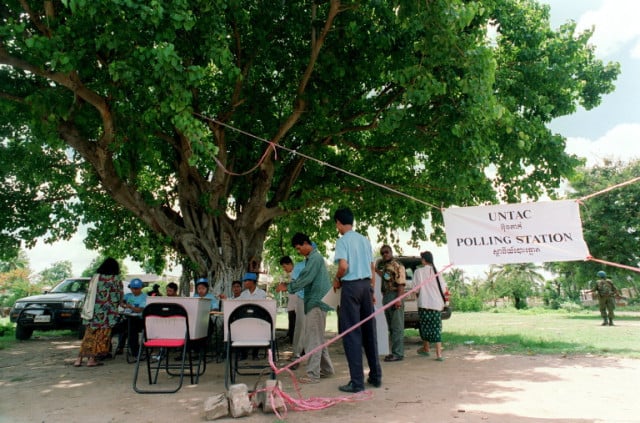
- By Cambodianess
- March 19, 2023 10:00 AM
Exactly 30 years ago, the country was going through a world first in post-Cold War history: free and multi-party national elections being organized and overseen by an international authority—the United Nations Transitional Authority in Cambodia (UNTAC)—deployed within the framework of the 1991 Paris Peace Agreements signed by the four stakeholders factions in the ínter-Cambodian war that had followed the fall of the Khmer Rouge regime in the country.
What then took place in 1993 was a political campaign with an unheard-of freedom of tone, which led to the election of a constituent assembly and the adoption of a constitutional monarchy system still in force today.
The Khmer Rouge, flouting the peace agreements they had signed, did not take part in the elections, from which the Funcinpec party emerged victorious.
The civil war did not entirely end that year as Pol Pot, who was then still alive, continued to send his troops into battle against the government forces from a few bastions still under his control. But this was the beginning of the end for the Khmer Rouge who, from this point on, were rejected by most superpowers.
By refusing to take part in the 1993 national elections, the Khmer Rouge signed their political death warrant while the Paris Peace Agreements had, in a way, enabled their comeback. They definitely eliminated themselves at that moment, and all the better for that.
Since that year, the country has entered a new era. While other dates are also milestones, 1993 stands as a ground-breaking year even if all the seeds planted did not bear the expected fruit.






